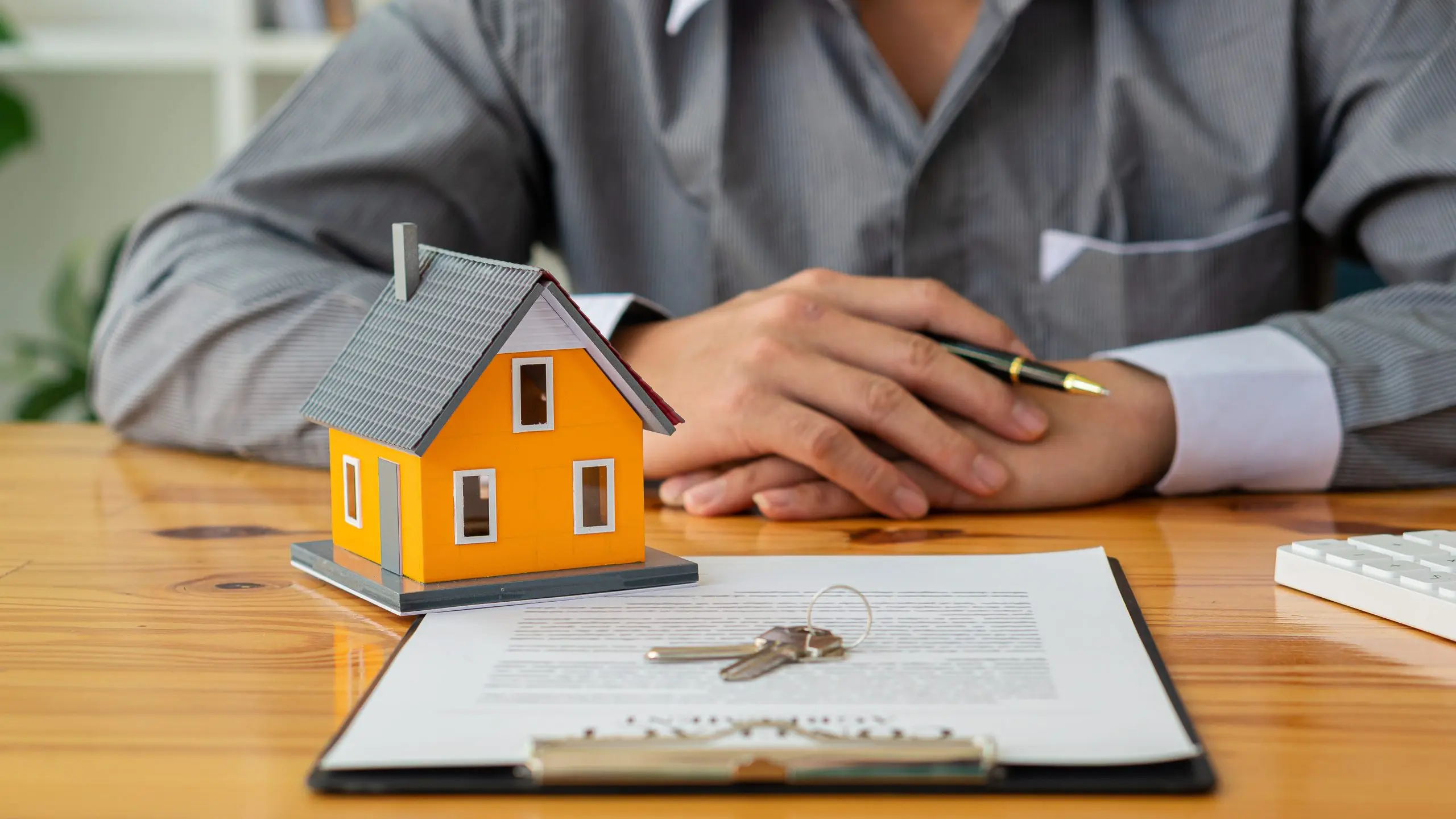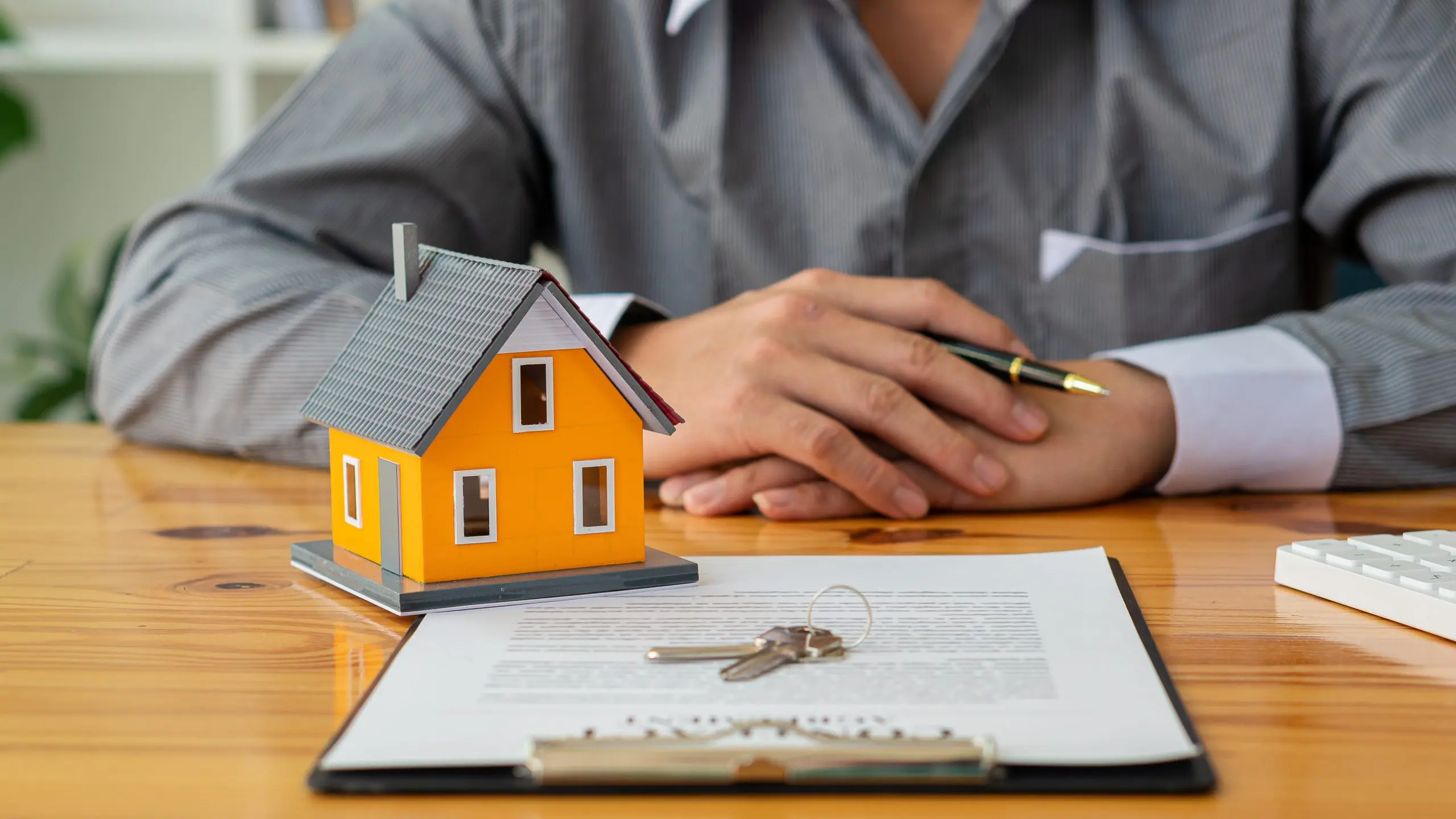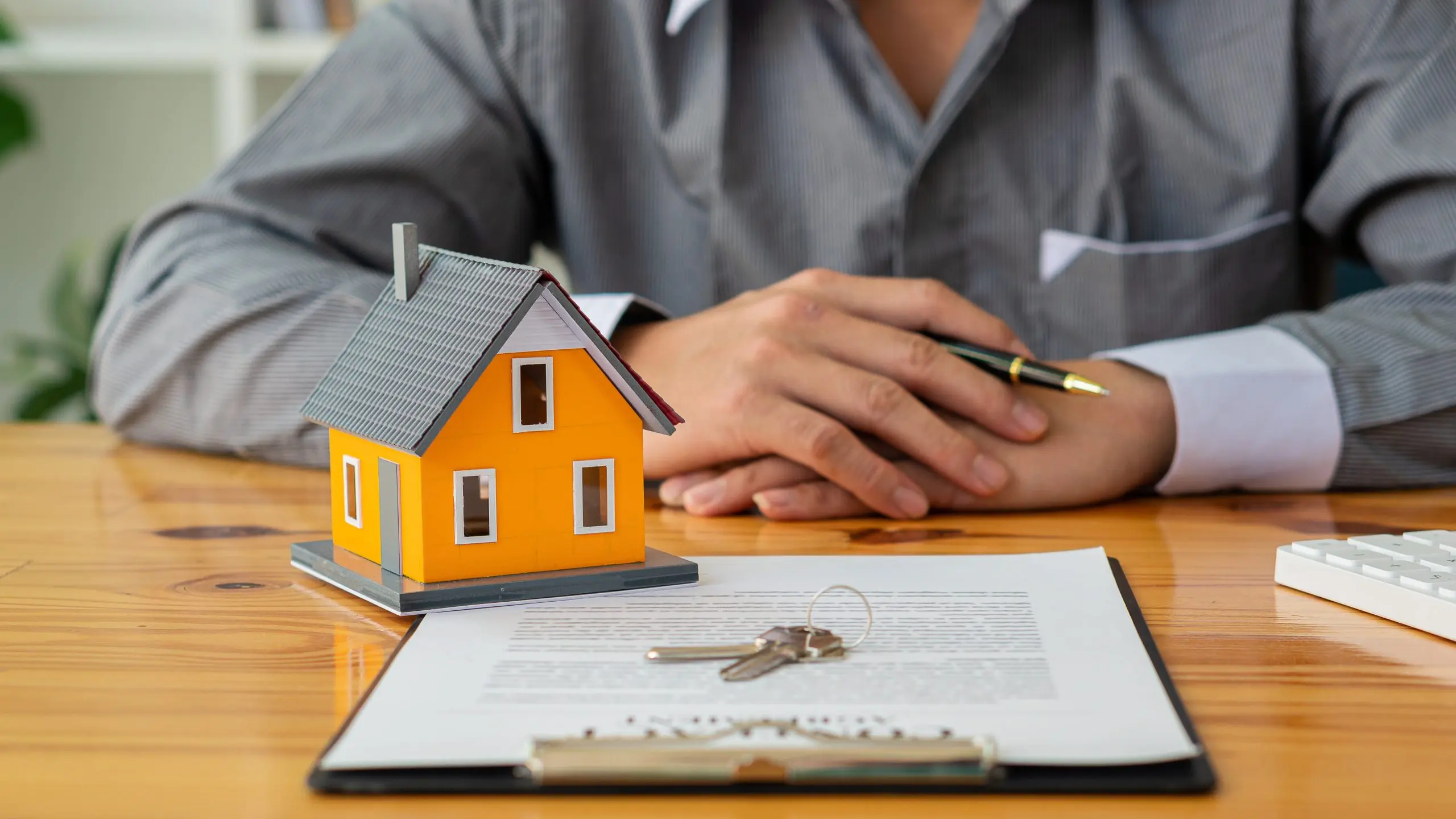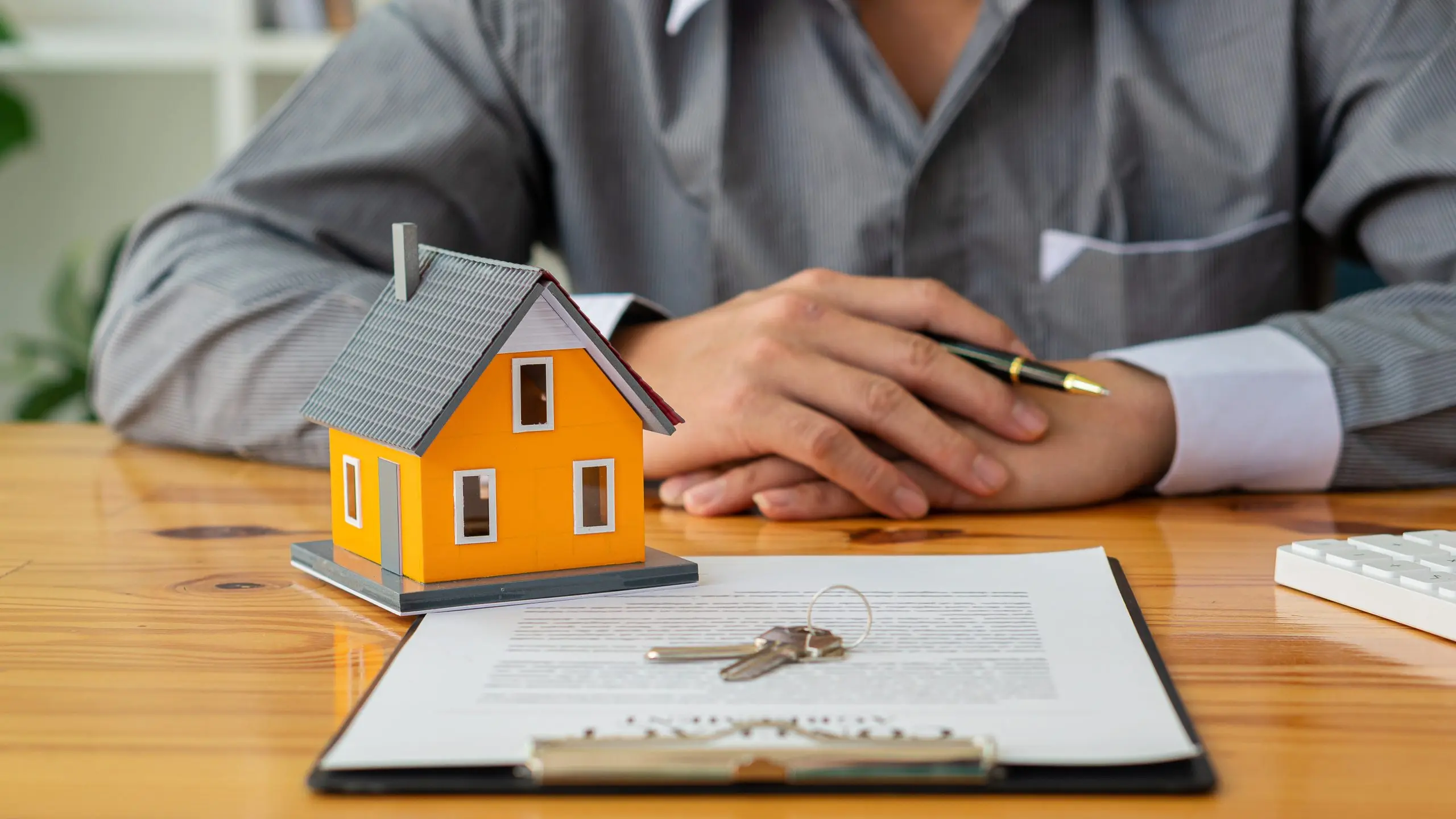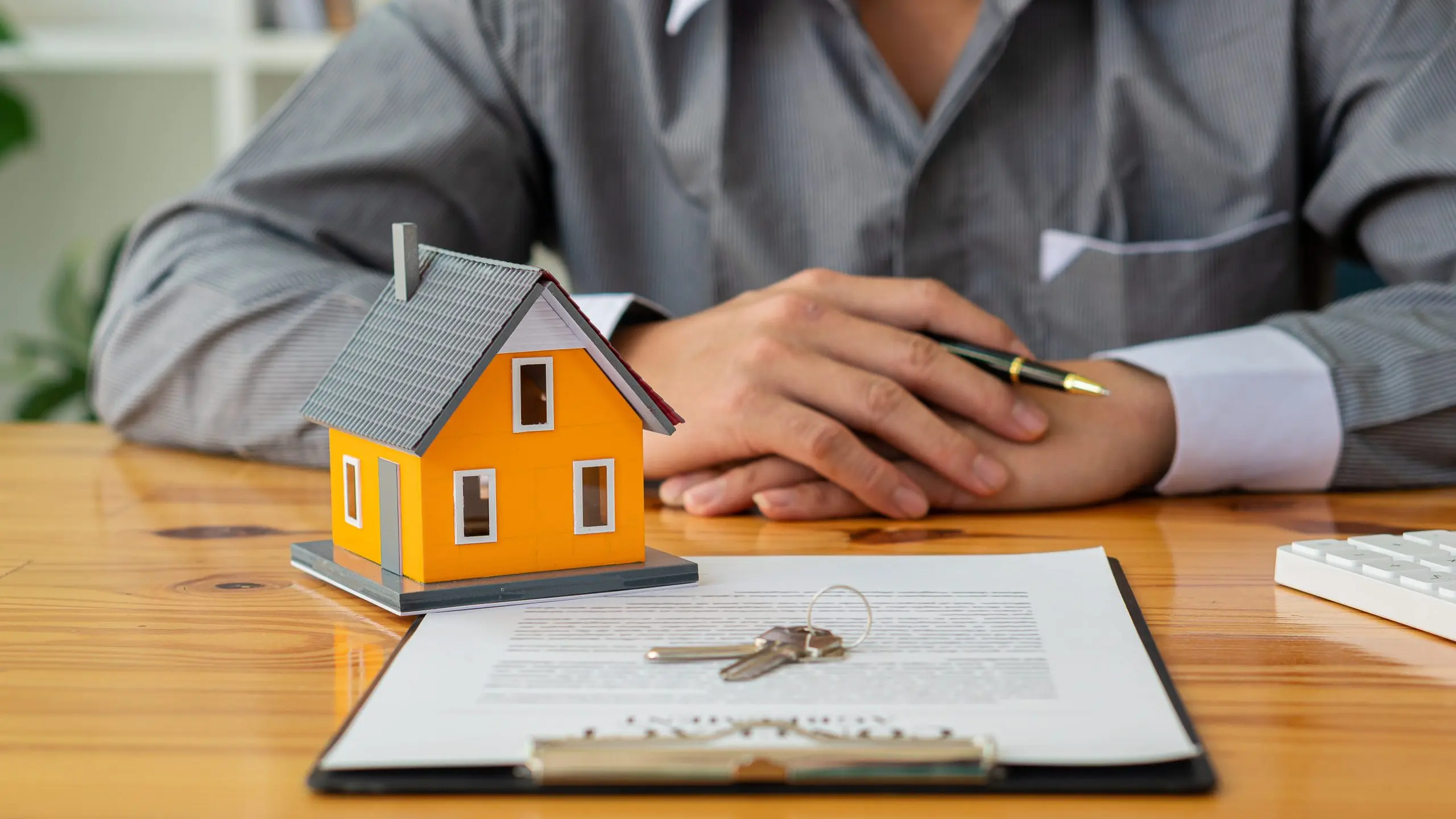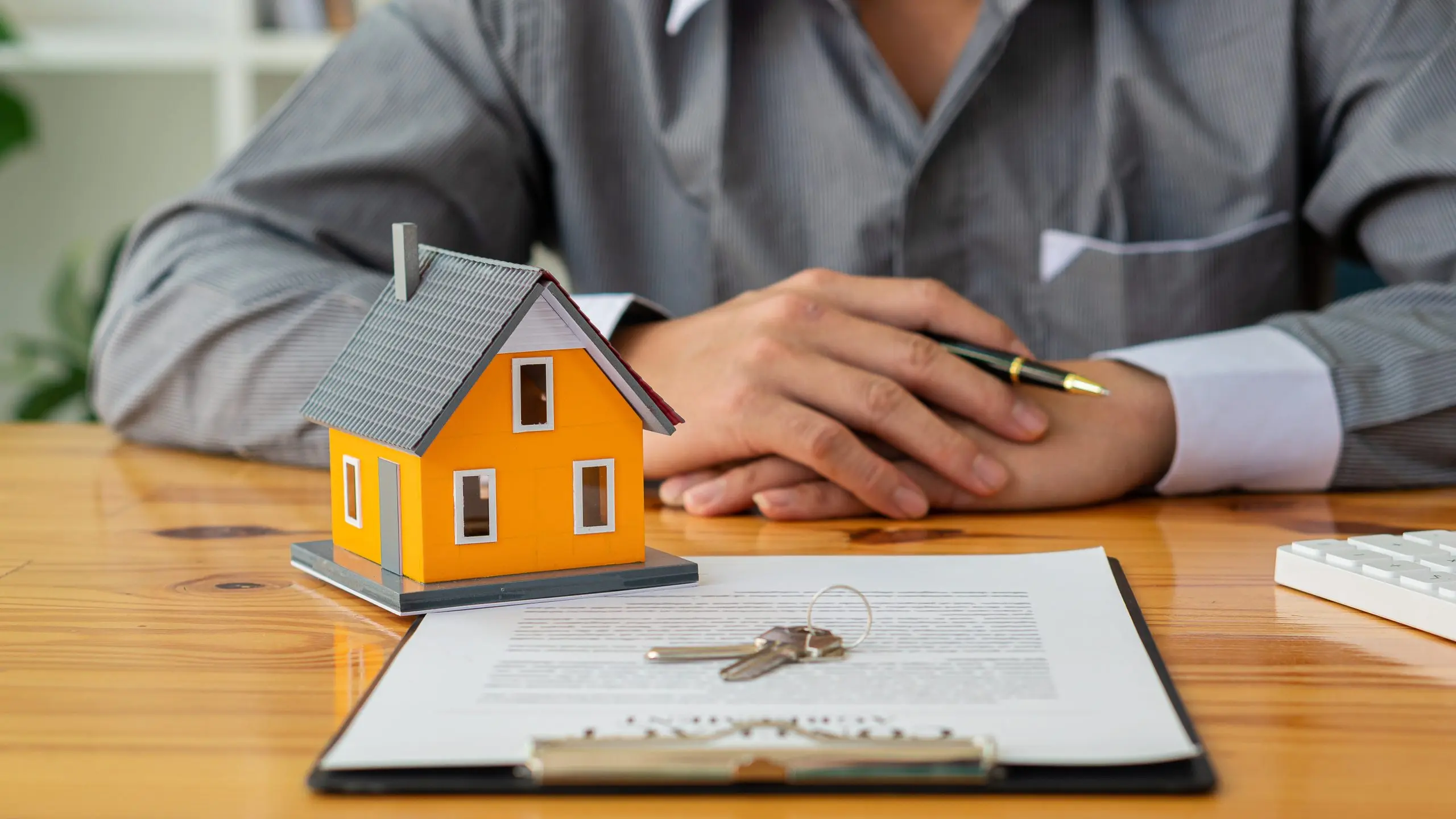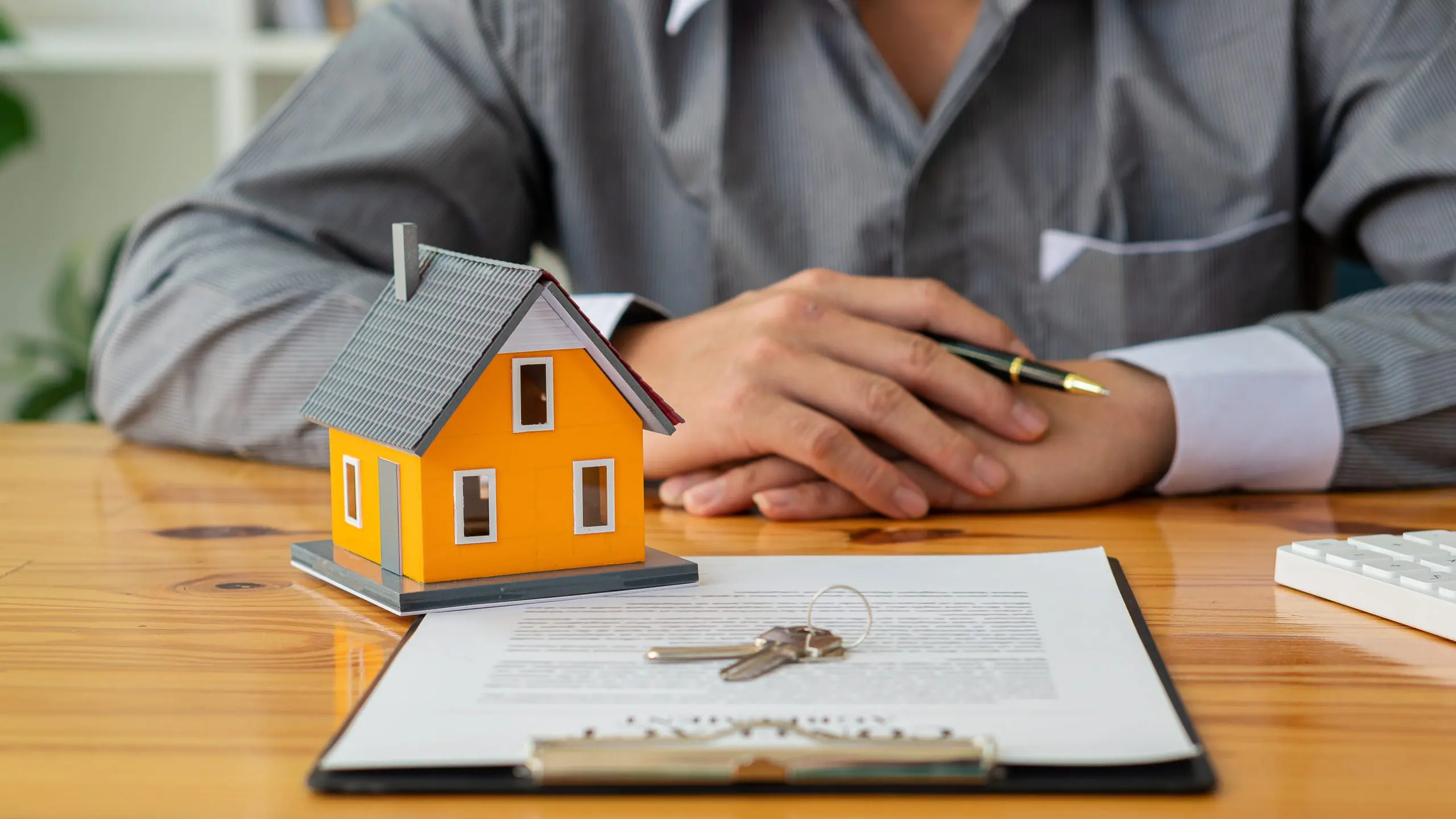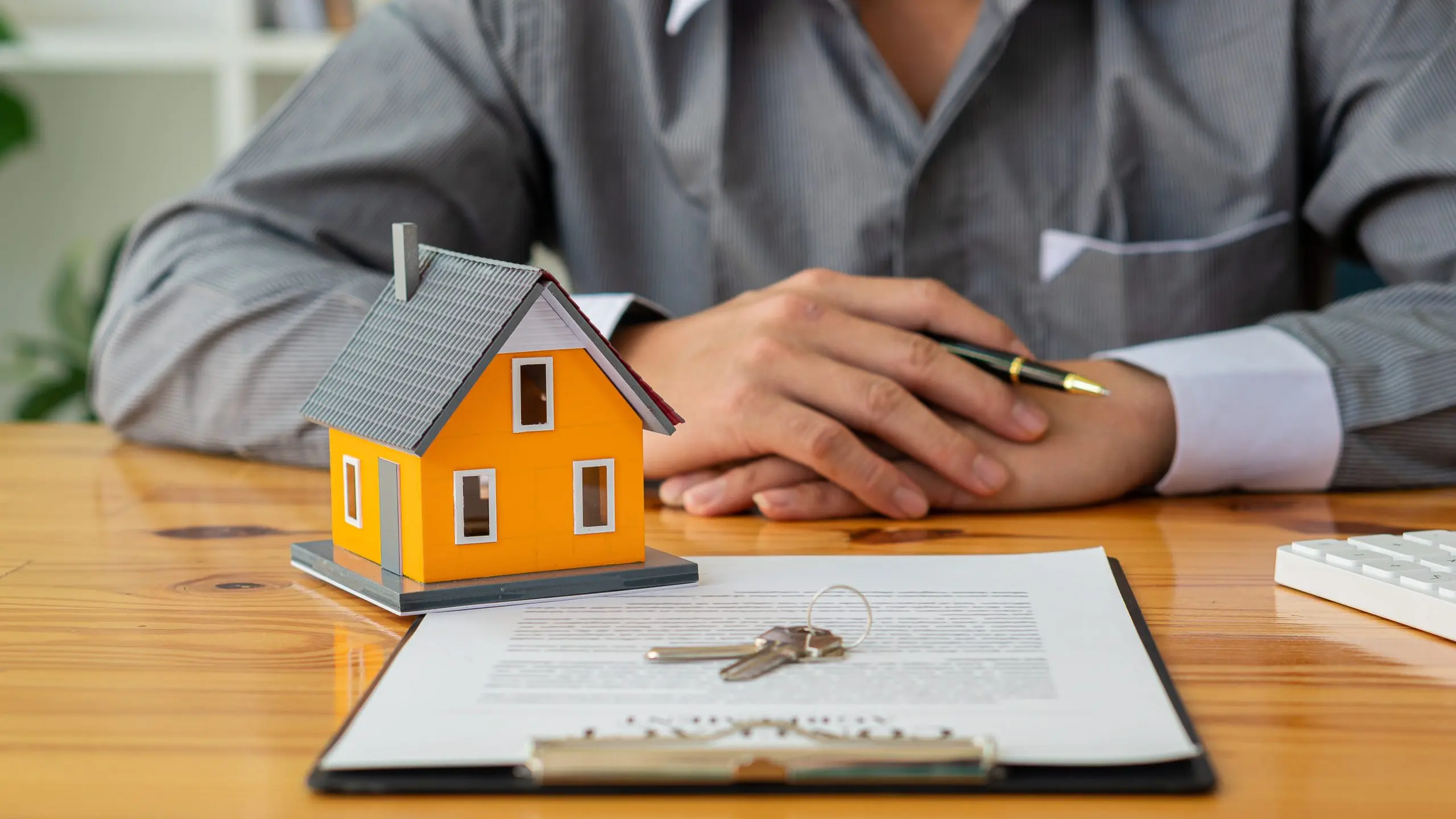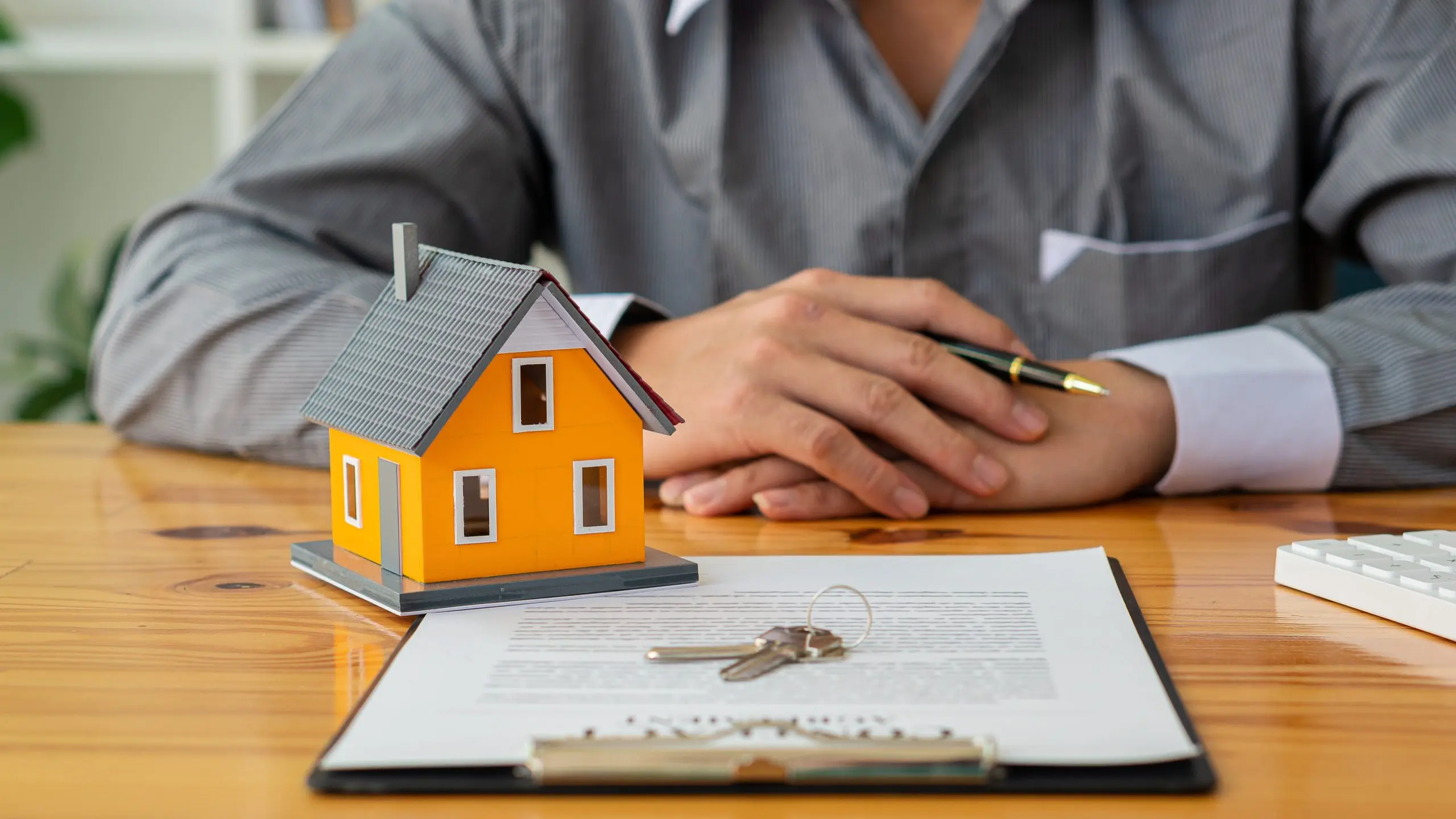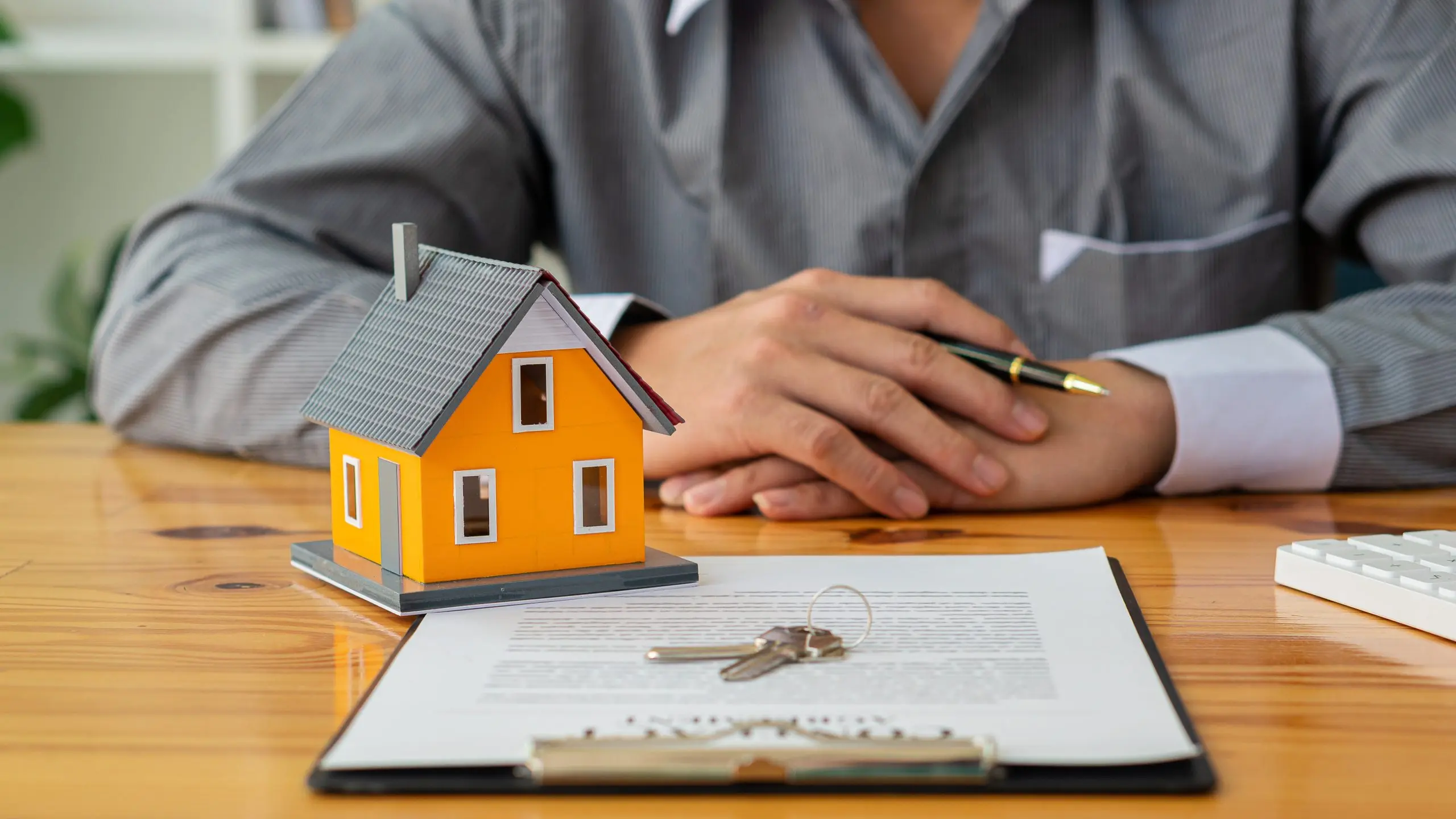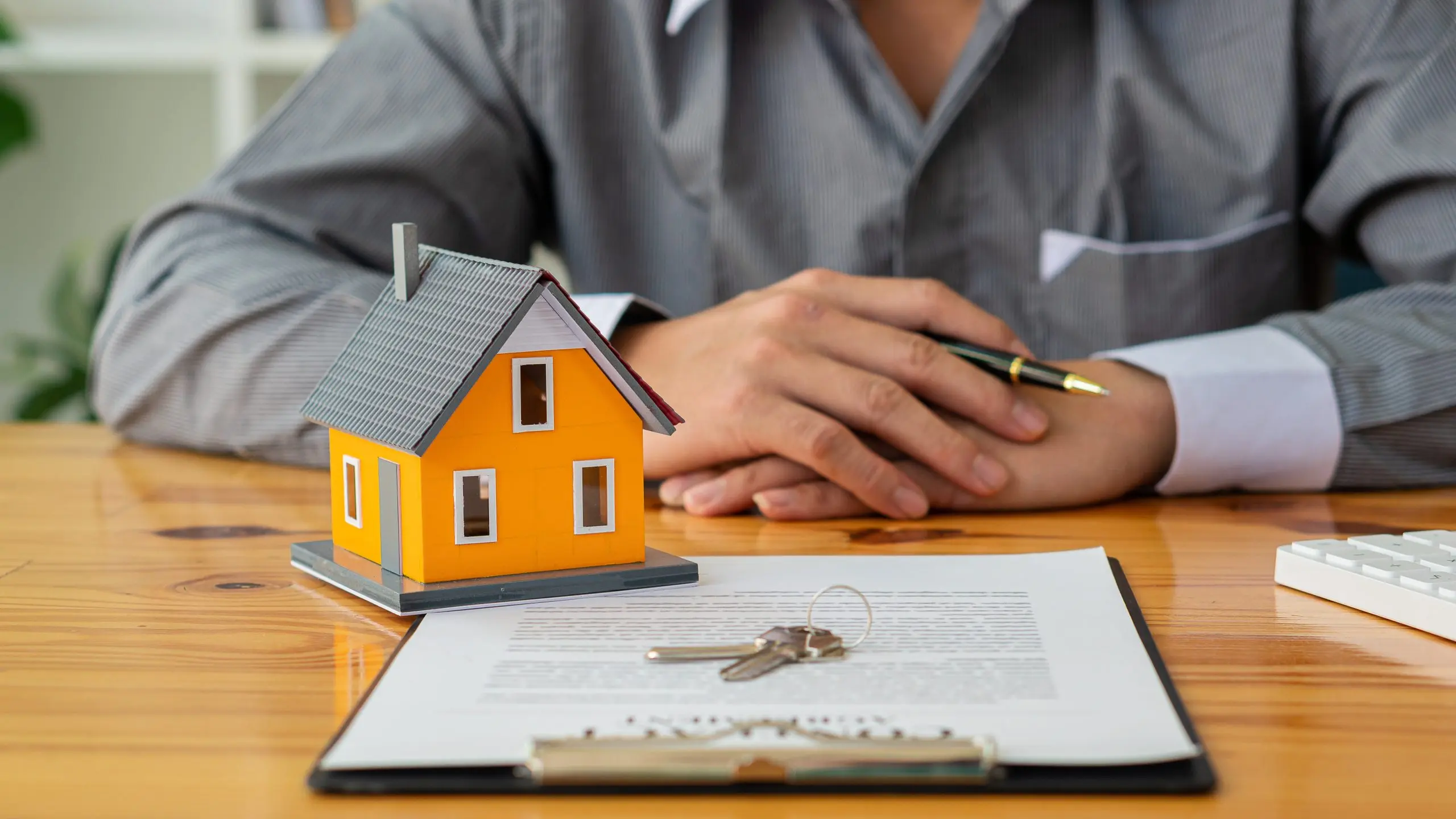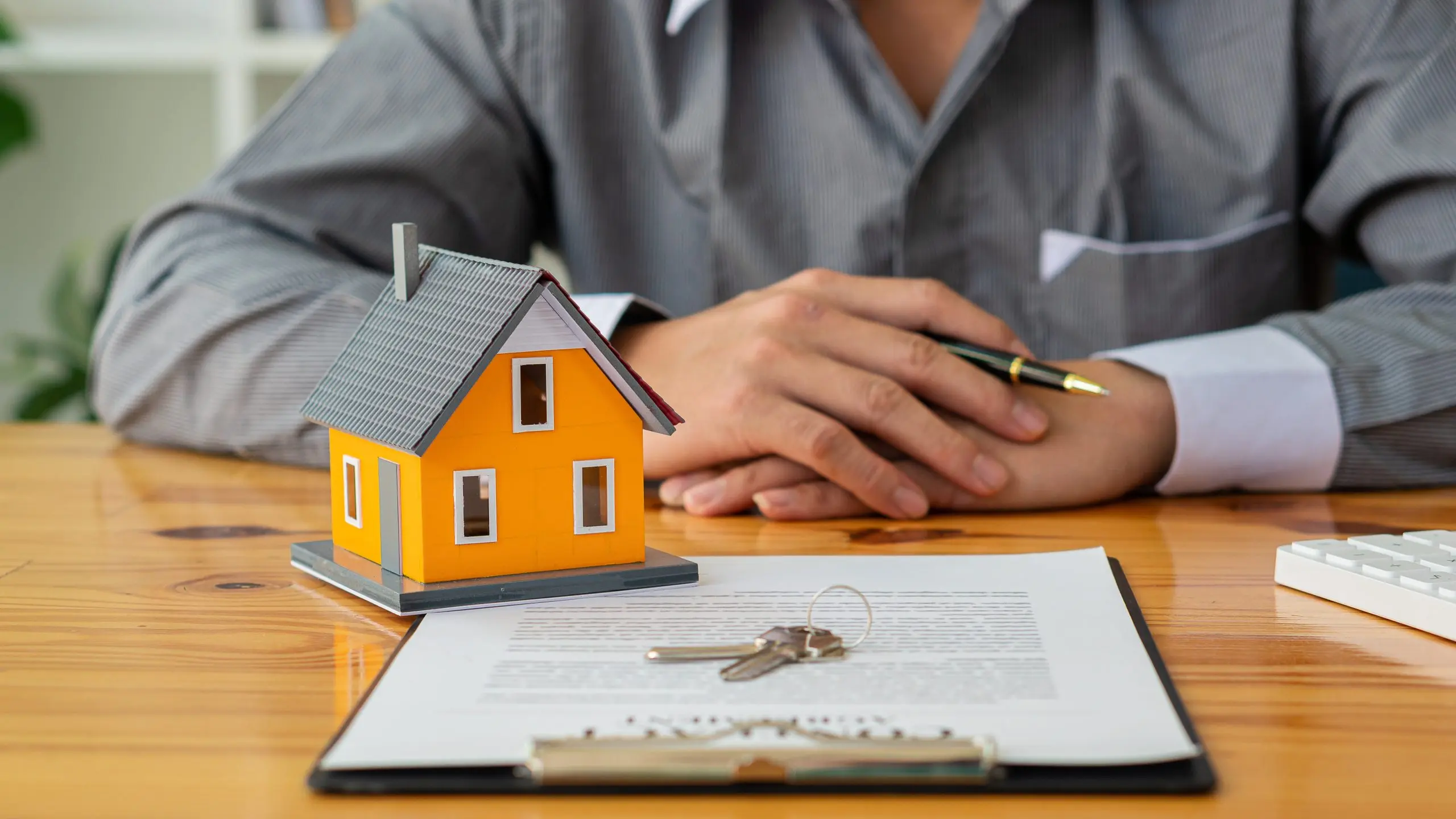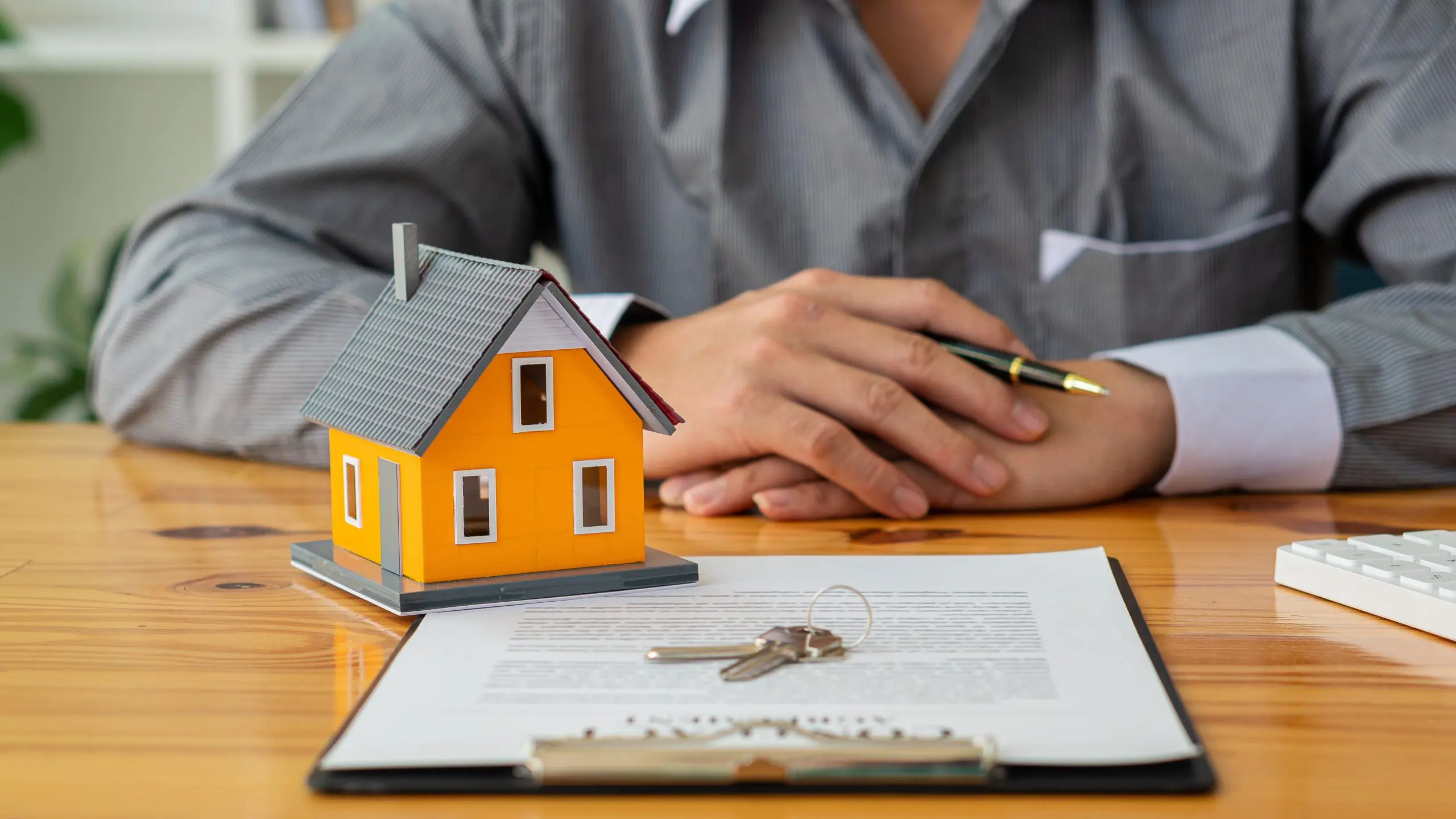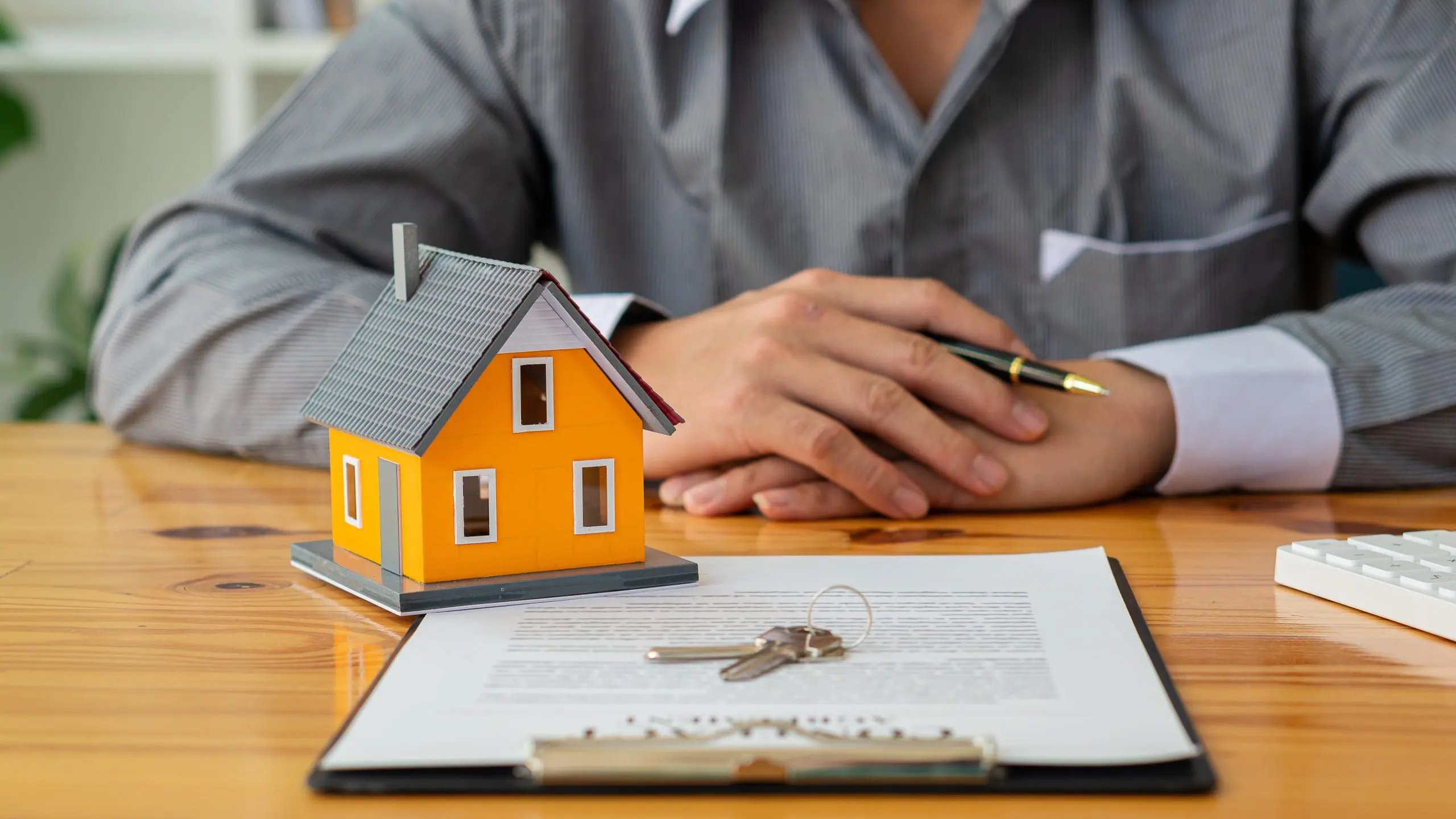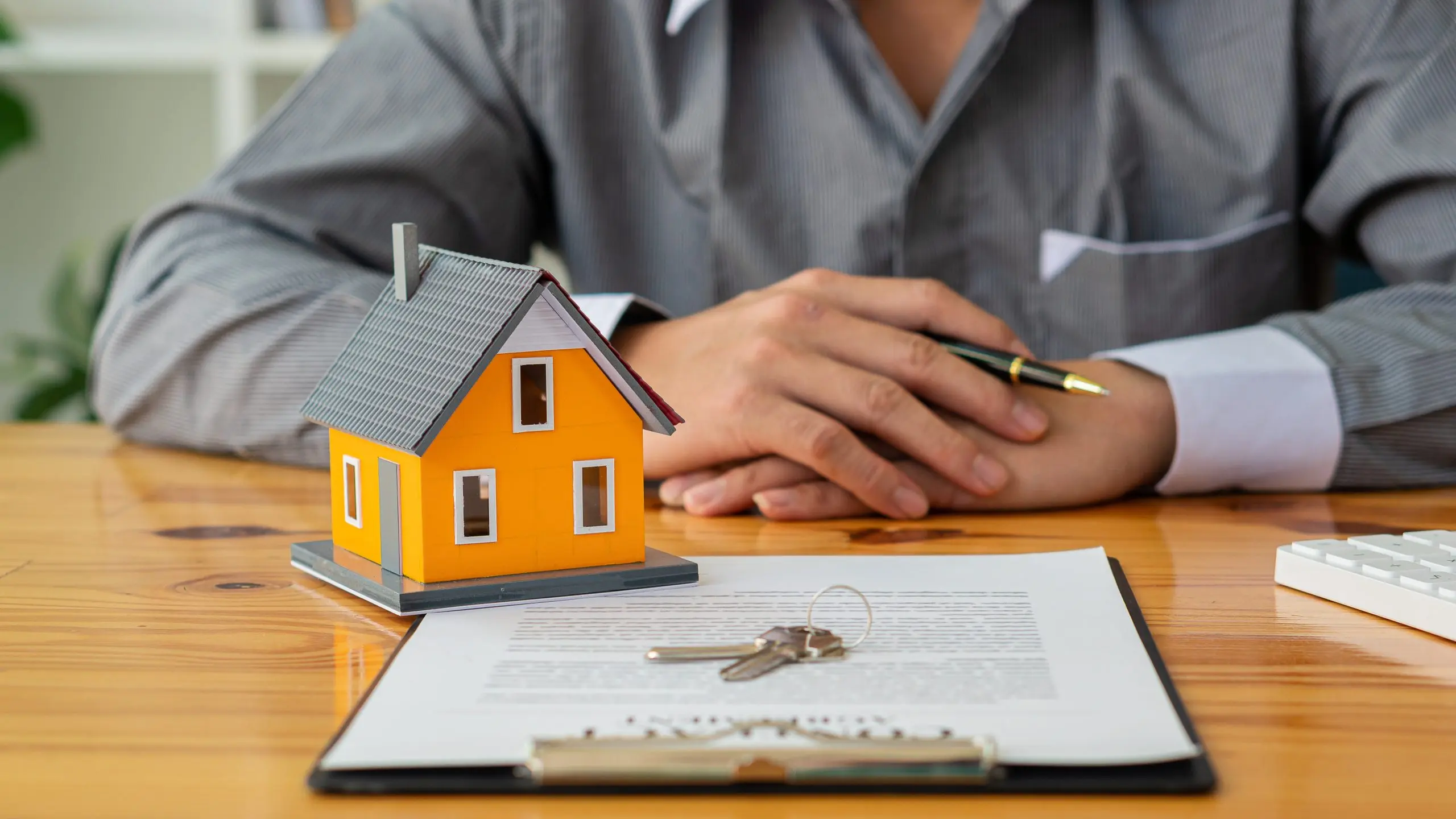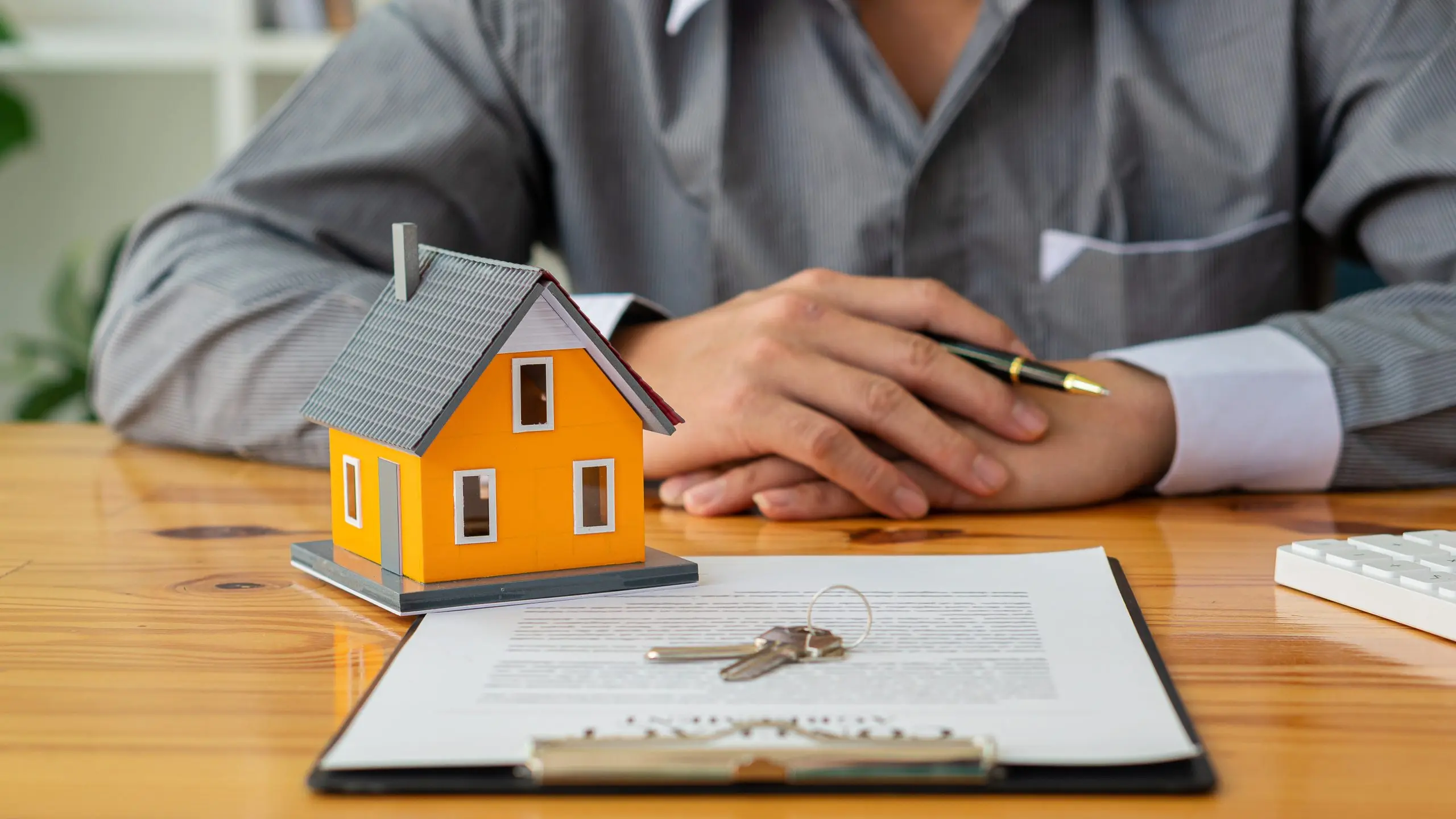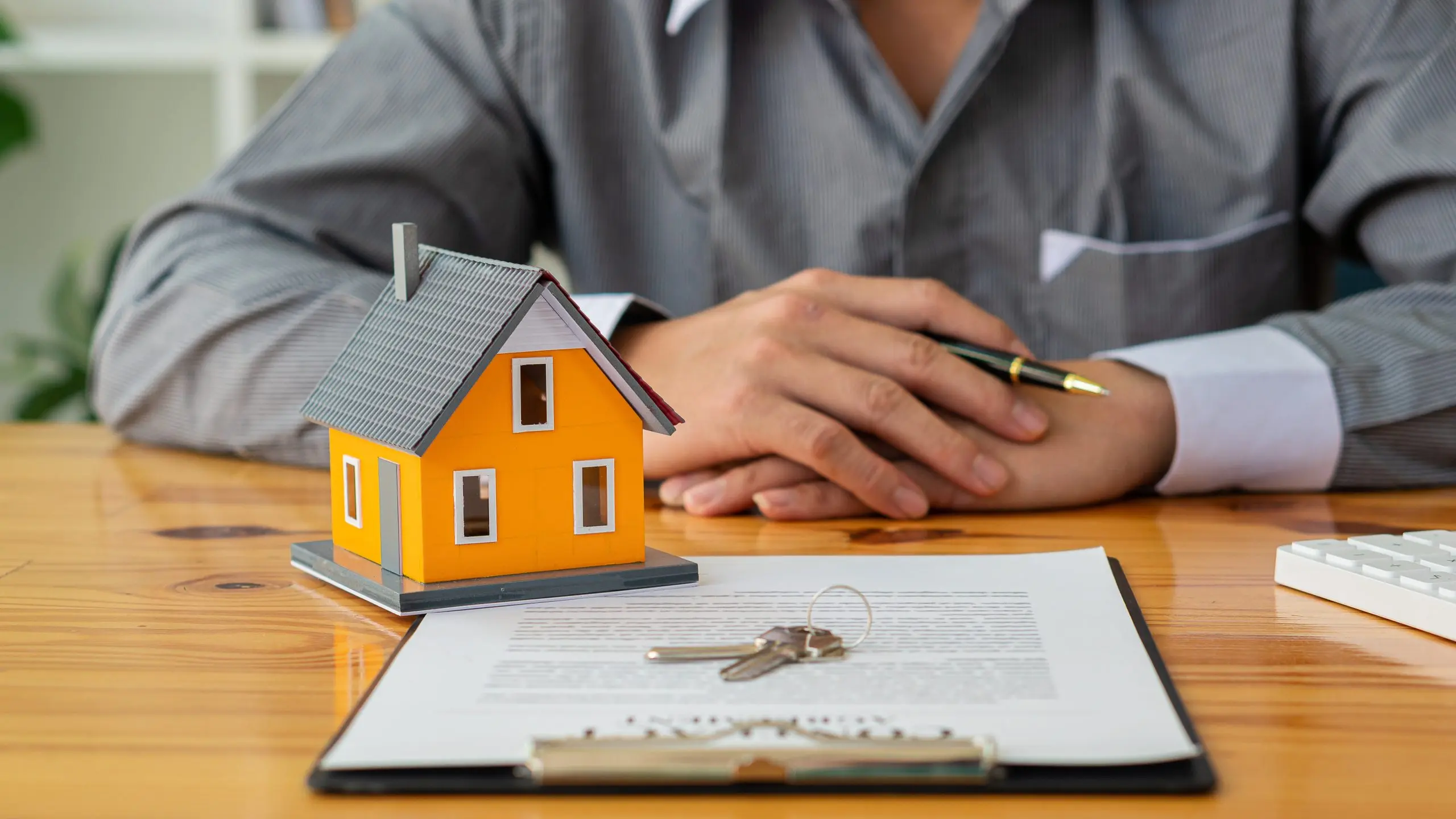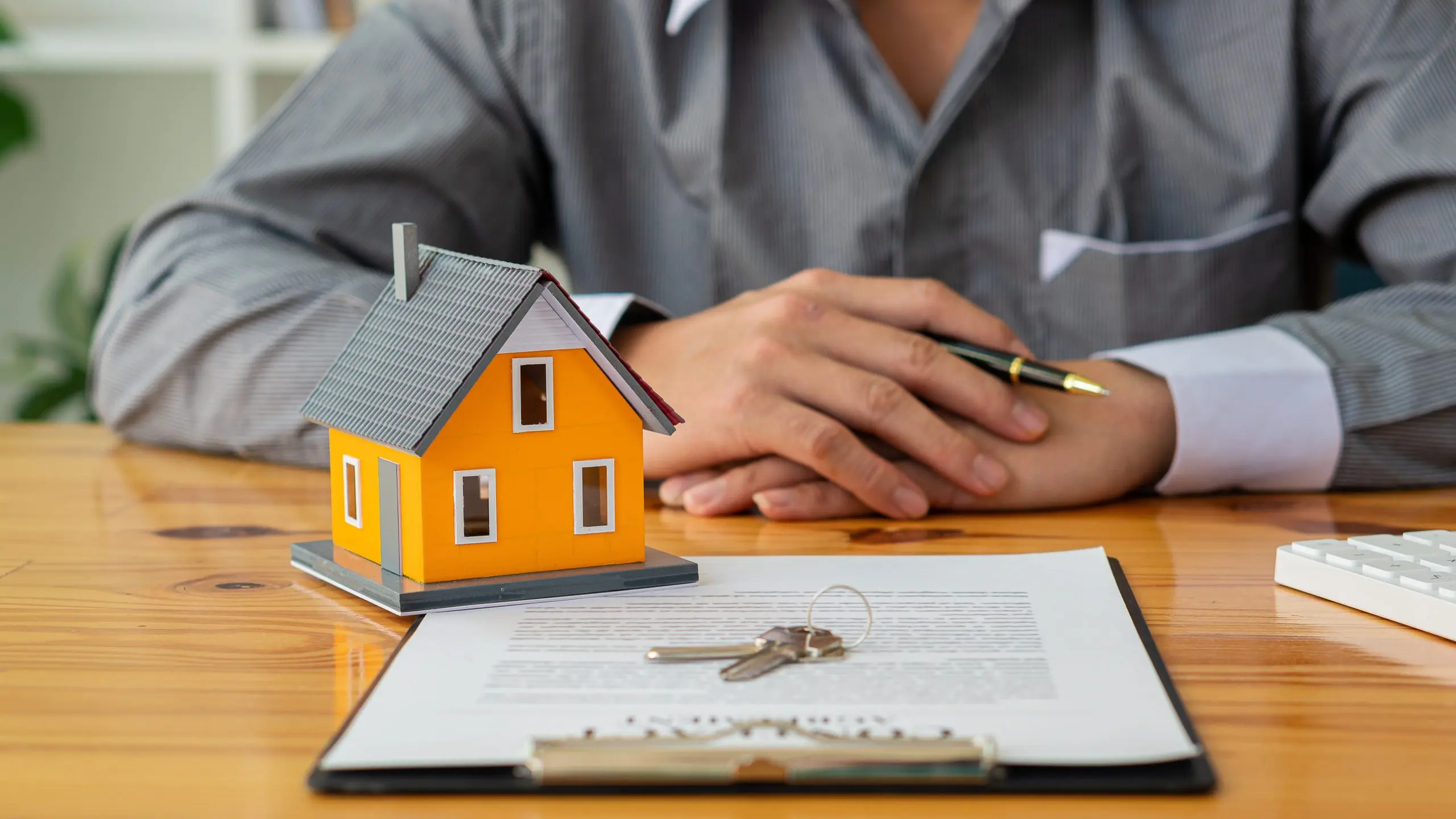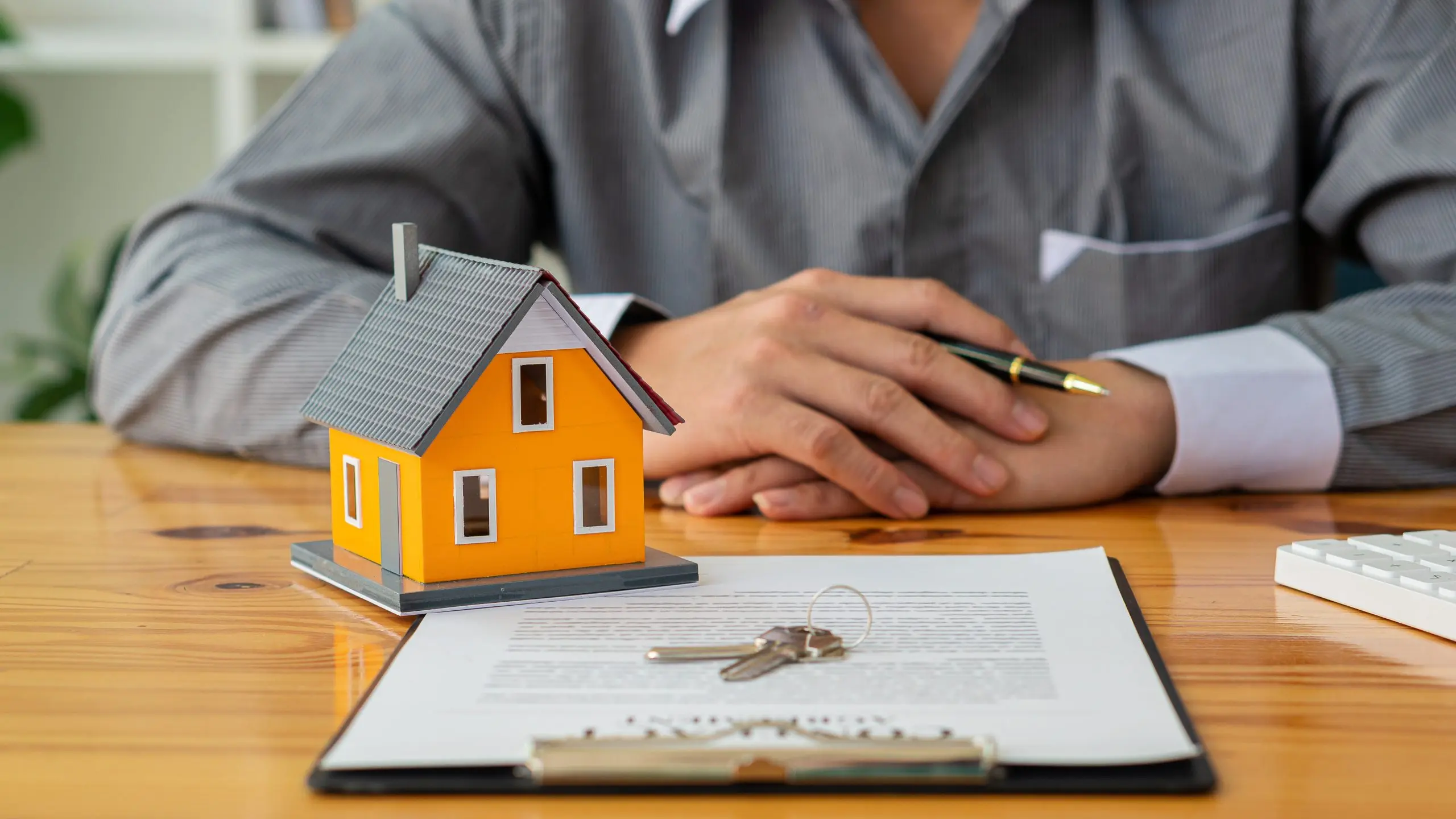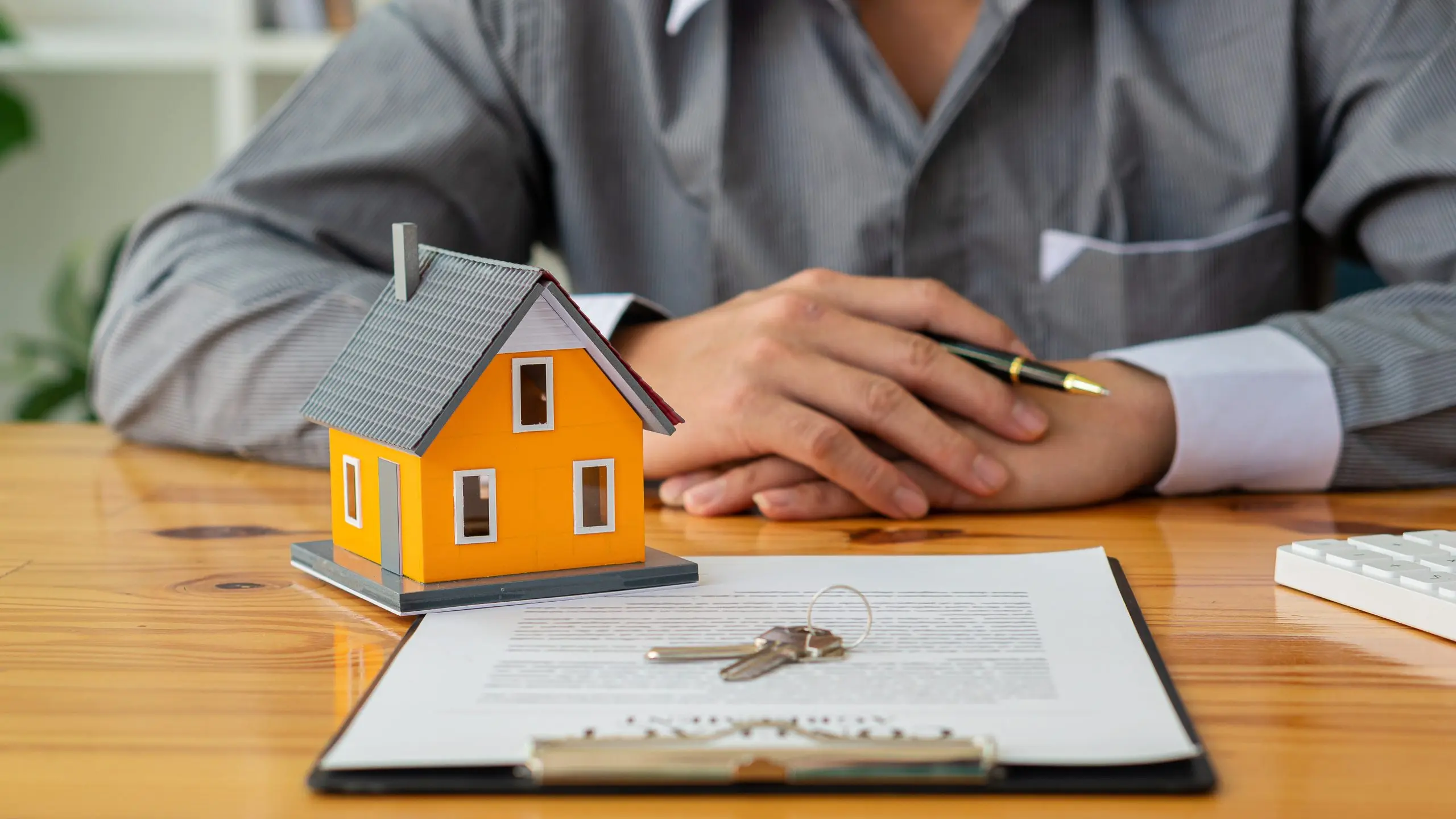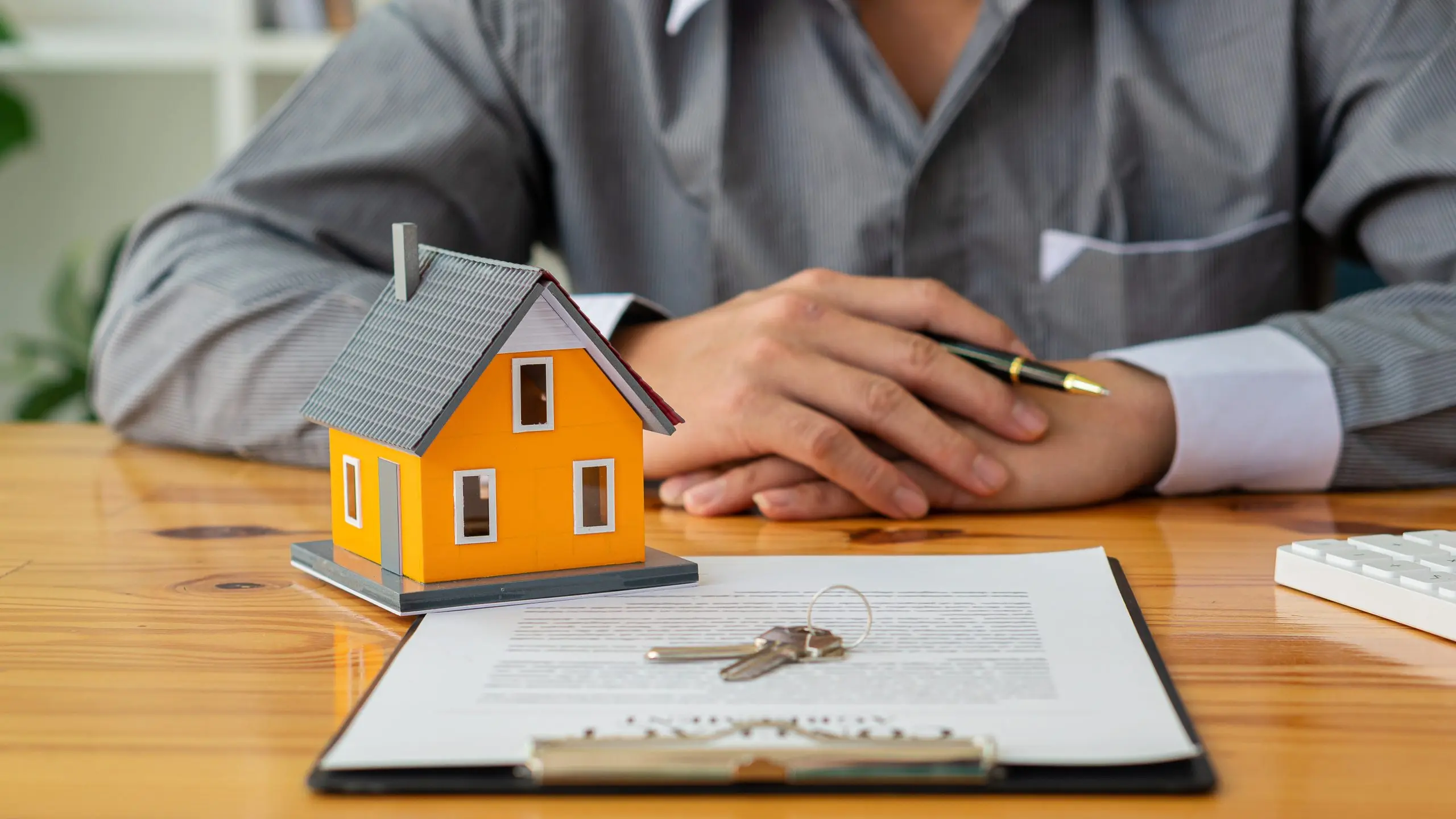As a commercial property owner, your real estate portfolio represents significant financial investment and ongoing income potential. Whether you own office buildings, retail spaces, warehouses, or mixed-use developments, protecting these assets with comprehensive commercial property owner insurance isn't just advisable—it's essential for long-term success.
Understanding Commercial Property Owner Insurance
Commercial property owner insurance is specifically designed to protect property owners from the unique risks associated with owning and managing commercial real estate. Unlike standard commercial insurance that businesses purchase for their operations, property owner insurance focuses on protecting the physical structure, your rental income, and your liability as a property owner.
This specialized coverage recognizes that property owners face distinct challenges: tenant-related issues, structural damage, loss of rental income, and potential liability claims from visitors or tenants. A comprehensive policy addresses these concerns while providing the financial security needed to maintain and grow your property portfolio.
Core Coverage Components
Building and Structure Protection
Your policy should cover the physical structure of your commercial property, including the building itself, permanent fixtures, and any improvements you've made. This includes protection against fire, storm damage, vandalism, and other covered perils that could damage or destroy your investment.
Contents and Equipment Coverage
If you provide any equipment, furniture, or fixtures as part of your rental agreements, these items need protection. This might include HVAC systems, elevators, security equipment, or any furnishings in common areas.
Loss of Rental Income
One of the most critical aspects of commercial property owner insurance is protection against lost rental income. If your property becomes uninhabitable due to a covered claim, this coverage helps replace the rental income you would have received during the repair period.
Public Liability Protection
As a property owner, you're responsible for maintaining safe premises for tenants, visitors, and the general public. Public liability coverage protects you against claims for injuries or property damage that occur on your property.
Employers Liability
If you employ staff for property maintenance, security, or management, employers liability coverage is essential. This protects you against claims from employees who might be injured while working on your property.
Industry-Specific Considerations
Office Buildings
Office properties require consideration of technology infrastructure, accessibility compliance, and the varying needs of professional tenants. Coverage should account for the higher property values and potential business interruption claims from professional service tenants.
Retail Properties
Retail spaces face unique risks including higher foot traffic, potential for theft or vandalism, and seasonal fluctuations in occupancy. Your insurance should reflect these commercial realities and the specific needs of retail tenants.
Industrial and Warehouse Properties
These properties often house valuable inventory and specialized equipment. Consider coverage limits that reflect the true replacement cost of these substantial structures and any environmental risks associated with industrial operations.
Mixed-Use Developments
Properties combining residential, commercial, and retail spaces require careful consideration of how different uses affect your insurance needs and liability exposure.
Key Risk Factors for Property Owners
Tenant-Related Risks
While tenant screening helps minimize problems, issues can still arise. Consider coverage for damage caused by tenants beyond normal wear and tear, and protection against loss of income due to tenant disputes or non-payment situations.
Maintenance and Structural Issues
Regular maintenance is crucial, but unexpected structural problems can be costly. Ensure your policy covers sudden and accidental damage to building systems and structures.
Environmental Concerns
Depending on your property's history and location, environmental liability coverage might be necessary. This is particularly important for older buildings or properties in industrial areas.
Cyber Security
Modern commercial properties increasingly rely on digital systems for security, HVAC control, and tenant services. Consider cyber insurance to protect against digital threats that could disrupt your operations.
Factors Affecting Your Premium
Property Location and Type
Location significantly impacts your premium, with factors including local crime rates, natural disaster risk, and proximity to emergency services all playing a role. The type and age of your building also affect costs.
Security Measures
Properties with robust security systems, including CCTV, alarm systems, and secure access controls, typically qualify for lower premiums. Document all security measures when applying for coverage.
Tenant Quality and Lease Terms
The types of businesses you rent to and the terms of your lease agreements can impact your insurance costs. Long-term, stable tenants in low-risk industries may help reduce premiums.
Claims History
Your previous claims history affects pricing. Maintaining good property conditions and addressing issues promptly can help keep your claims record clean.
Choosing the Right Coverage Limits
Replacement Cost vs. Market Value
Ensure your building coverage reflects replacement cost rather than market value. Construction costs can exceed property values, especially for older buildings with unique features.
Adequate Income Protection
Calculate your potential loss of rental income carefully, including not just current rents but also additional costs you might incur during a claim, such as temporary relocations for tenants.
Liability Limits
Consider liability limits that reflect the potential exposure from your property type and location. High-traffic retail properties may need higher limits than small office buildings.
Working with Insurance Professionals
The Value of Specialist Brokers
Commercial property insurance can be complex, with numerous coverage options and exclusions to consider. Working with a broker who specializes in commercial property insurance ensures you understand your options and select appropriate coverage.
Regular Policy Reviews
Your insurance needs change as your property portfolio grows or as you make improvements to existing properties. Schedule annual reviews to ensure your coverage keeps pace with your investments.
Claims Support
When selecting an insurer, consider their claims handling reputation. Quick, fair claims resolution is crucial for minimizing disruption to your rental income and tenant relationships.
Risk Management Best Practices
Regular Property Inspections
Conduct regular inspections of your properties to identify and address potential issues before they become insurance claims. Document these inspections for your insurance records.
Tenant Communication
Maintain clear communication with tenants about their responsibilities for property care and reporting issues promptly. Include relevant insurance requirements in lease agreements.
Emergency Preparedness
Develop and communicate emergency procedures for various scenarios. Having clear plans can minimize damage and demonstrate your commitment to risk management to insurers.
Professional Property Management
If you use property management services, ensure they understand your insurance requirements and maintain appropriate coverage for their own operations.
Common Policy Exclusions to Understand
Flood and Natural Disasters
Standard policies may exclude certain natural disasters. Understand what's covered and consider additional coverage for risks common in your area.
Gradual Damage
Most policies exclude damage that occurs gradually over time, such as slow leaks or ongoing maintenance issues. This emphasizes the importance of regular property maintenance.
Tenant Improvements
Understand what tenant improvements are covered under your policy versus what tenants should insure themselves.
The Claims Process
Immediate Response
Know how to report claims quickly and what immediate steps to take to minimize damage. Quick response can significantly impact the outcome of your claim.
Documentation Requirements
Maintain thorough records of your property's condition, improvements, and maintenance. Good documentation supports faster claims resolution.
Working with Adjusters
Understand the claims adjustment process and consider whether you need professional representation for significant claims.
Future-Proofing Your Coverage
Emerging Risks
Stay informed about new risks affecting commercial property owners, such as cyber threats, climate change impacts, and evolving liability exposures.
Technology Integration
As properties become more technologically sophisticated, ensure your insurance coverage evolves to protect these investments.
Regulatory Changes
Keep abreast of changing regulations that might affect your insurance requirements or liability exposure.
Conclusion
Commercial property owner insurance is a critical component of successful property investment strategy. The right coverage protects not just your physical assets but also your income stream and financial future. By understanding the key coverage components, risk factors, and selection criteria, you can make informed decisions that provide comprehensive protection for your commercial property investments.
Remember that commercial property insurance isn't a one-size-fits-all solution. Each property and portfolio has unique characteristics that should be reflected in your coverage. Working with experienced insurance professionals who understand the commercial property market ensures you get the protection you need at a competitive price.
Take the time to regularly review and update your coverage as your portfolio grows and evolves. With proper insurance protection in place, you can focus on what you do best—growing and managing your commercial property investments with confidence.


 0330 127 2333
0330 127 2333
